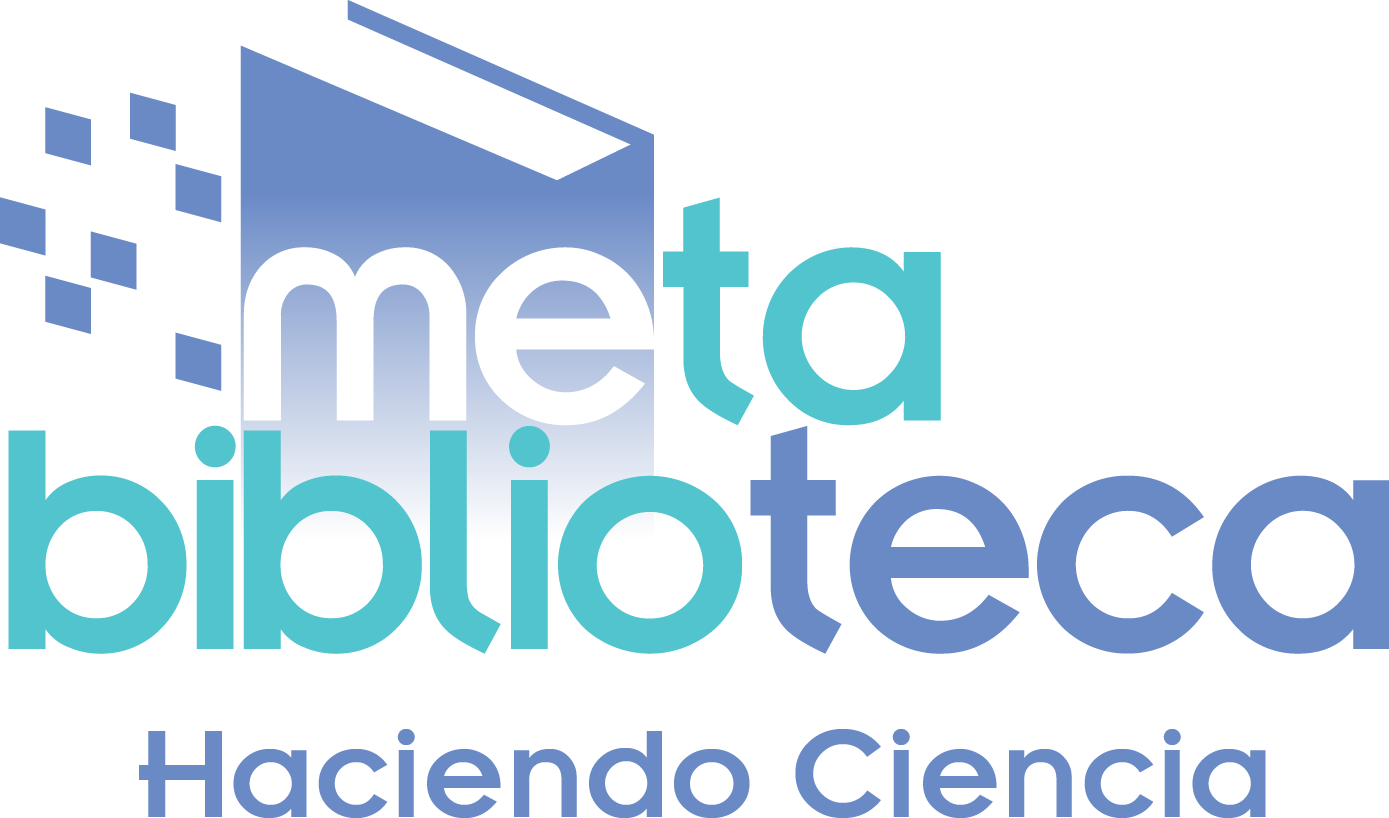MODELACIÓN DEL PROCESO DE RECUPERACIÓN PARCIAL DE ENVASES DE TETRA PAK (MODELING THE PARTIAL RECOVERY PROCESS OF TETRA PAK PACKAGES)
MODELACIÓN DEL PROCESO DE RECUPERACIÓN PARCIAL DE ENVASES DE TETRA PAK (MODELING THE PARTIAL RECOVERY PROCESS OF TETRA PAK PACKAGES)


This work is licensed under a Creative Commons Attribution-NonCommercial-NoDerivatives 4.0 International License.
Copyright statement
The authors exclusively assign to the Universidad EIA, with the power to assign to third parties, all the exploitation rights that derive from the works that are accepted for publication in the Revista EIA, as well as in any product derived from it and, in in particular, those of reproduction, distribution, public communication (including interactive making available) and transformation (including adaptation, modification and, where appropriate, translation), for all types of exploitation (by way of example and not limitation : in paper, electronic, online, computer or audiovisual format, as well as in any other format, even for promotional or advertising purposes and / or for the production of derivative products), for a worldwide territorial scope and for the entire duration of the rights provided for in the current published text of the Intellectual Property Law. This assignment will be made by the authors without the right to any type of remuneration or compensation.
Consequently, the author may not publish or disseminate the works that are selected for publication in the Revista EIA, neither totally nor partially, nor authorize their publication to third parties, without the prior express authorization, requested and granted in writing, from the Univeridad EIA.
Show authors biography
En el presente artículo se estudian el patrón de consumo, las expectativas y satisfacción de la población de Medellín con los envases de Tetra Pak, el tratamiento que se les da cuando son descartados y la conducta que se seguiría, conociendo que el Tetra Pak es reciclable; luego, se modela el procedimiento para recuperar parcialmente esos desechos de Tetra Pak y comercializarlos como bienes intermedios, aptos para ser reintegrados dentro de diversos procesos productivos. Se estudian varias políticas de operación mediante un modelo de simulación de eventos discretos construido en Extend.
Abstract: In this paper we study the consumption pattern, expectations and satisfaction of the population of Medellin with Tetra Pak packages, the treatment given to them now when they are discarded and the conduct to be followed, knowing that the Tetra Pak is recyclable, then the process to recover partially debris from Tetra Pak is modeled and marketed as intermediate goods, eligible to be reinstated within various production processes. Several operating policies through a discrete event simulation built in Extend are studied.
Article visits 396 | PDF visits 179
